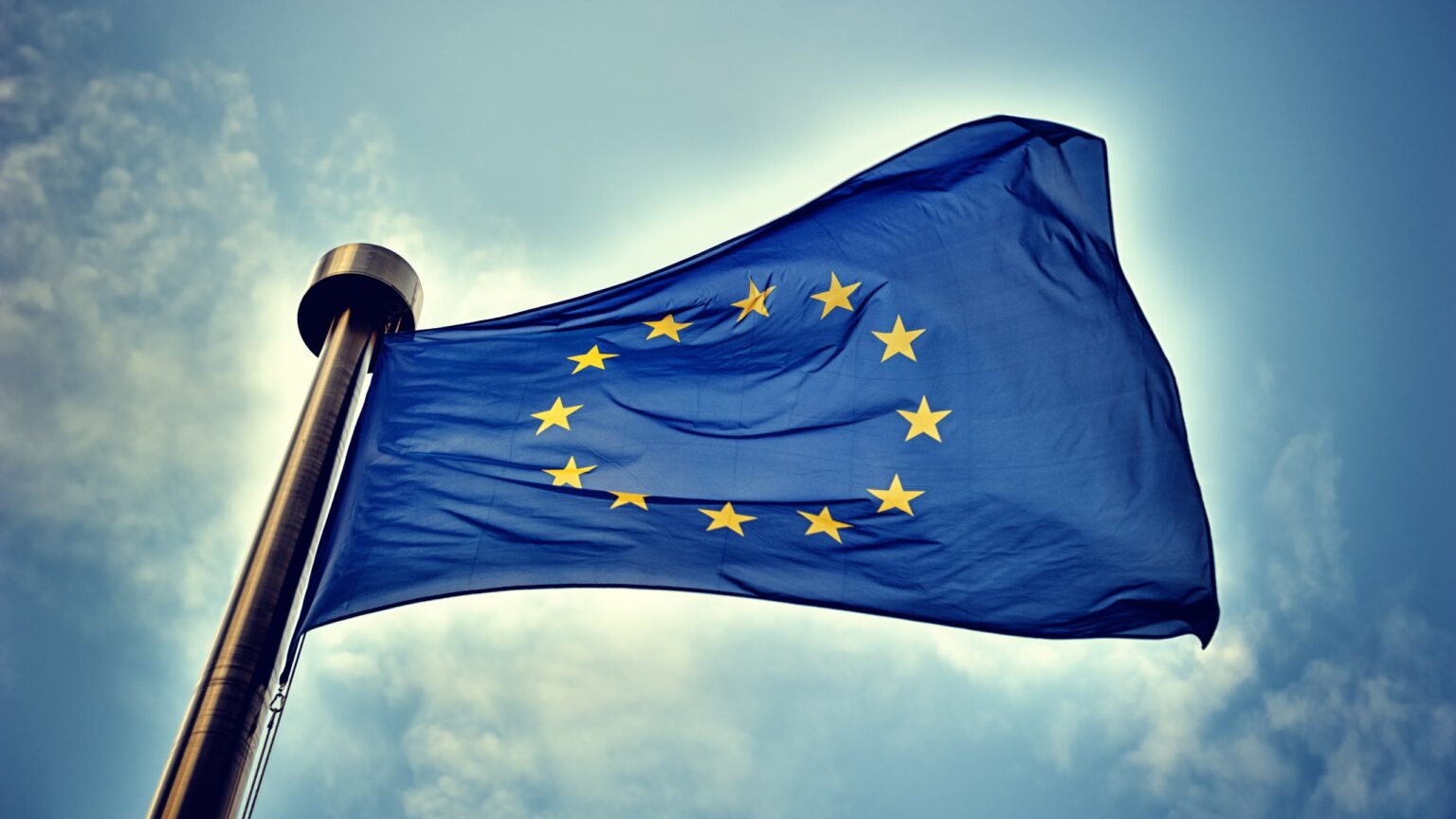EU Competition Commissioner Margarethe Vestager says the metaverse does not need to be regulated because it does not pose any antitrust concerns at this time. Vestager’s comments come ahead of a presentation she will make to competition regulators this week, Reuters reported.
The metaverse sparked into the public consciousness when Facebook changed its name to Meta Platforms in 2021. Facebook’s name change reflected founder Mark Zuckerberg’s bet on the emerging industry as the next big thing to succeed the mobile internet.
The decision might have had regulators worried about Meta coming to dominate the sector. Other big tech companies including Apple, Google, and Microsoft are also actively engaged in the metaverse.
Also read: Consortium Including Sandbox and Alien Worlds Build Open Metaverse Standards
No competition concerns in metaverse
Vestager is the Executive Vice-President of the European Commission. Previously, she said: “it’s time to start asking what healthy competition would look like in the metaverse.” She believes the industry does not have any competition concerns to warrant regulation, for now.
“Actually we see that there is a lot of innovation when it comes to virtual worlds,” Vestager told reporters at a conference in Brussels, Belgium on July 6.
“I don’t think that any company can claim that they will own it, so to speak, but that is what we hope to find out,” she added.
Vestager said that a range of legislation adopted in the last five years to regulate technology companies, including those related to privacy, market power, and the imminent artificial intelligence rules, could also be applied to the metaverse.
“In Europe, now we have a body of digital legislation, I think we do have time to explore, to know that we should not jump to regulation as the first sort of safety pad,” Vestager said, according to the Reuters report.
“We should really be careful because now there will be a lot of work to be done to implement, both for the Commission but also for member states.”
She explained that the EU will continue to monitor the metaverse closely to ensure that it does not become a vehicle for anti-competitive behavior in the future. Vestager, who leaves office in 2024, has sounded tough about curbing monopolies in the metaverse in the past.
Interoperable virtual worlds
The metaverse is a shared virtual world where users can interact, work, play games, and consume media in a digital environment that closely resembles the physical world. Big tech companies are spending billions of dollars to claim a stake in the fast-growing space.
In June, Meta revealed its new $500-worth Quest 3 virtual reality and mixed reality headset, a key tool for accessing the metaverse. Apple soon followed with its Vision Pro headset, which costs a whopping $3,500. Other entities like Roblox are also making big moves in the sector.

But it has not been all smooth sailing. In 2022, Reality Labs, the division tasked with leading Meta’s metaverse ambitions, reported a loss of $13.7 billion. Since then, Meta has sacked thousands of employees in cost-cutting measures that have become an industry trend.
Margarethe Vestager said she will present a plan this week to help competition regulators understand how the metaverse works. Reuters viewed the document. It proposes a set of guidelines on participating in virtual worlds and on tackling counterfeiting.
“The (European) Commission aims for a Web 4.0 that is powered by open and highly distributed technologies and standards that enable interoperability between platforms and networks and freedom of choice for users,” the document said.
In March, Vestager’s fellow EU Commissioner Yvo Volman said that any future regulation of the metaverse must prioritize user safety, data privacy, and non-discrimination. He said the trading bloc should get its metaverse strategy and policy “right from the start.”
Players in the metaverse sector are also looking to self-regulate. The Open Metaverse Alliance (OMA3) recently unveiled a position paper on standards for a metaverse that is community–owned, decentralized, and usable across different platforms.









 and then
and then